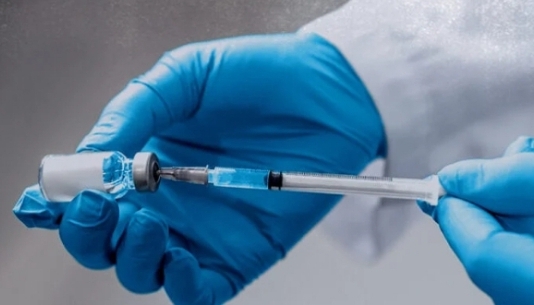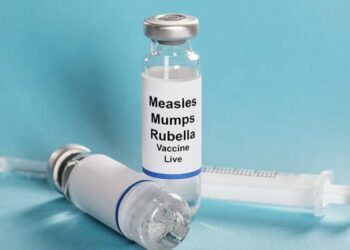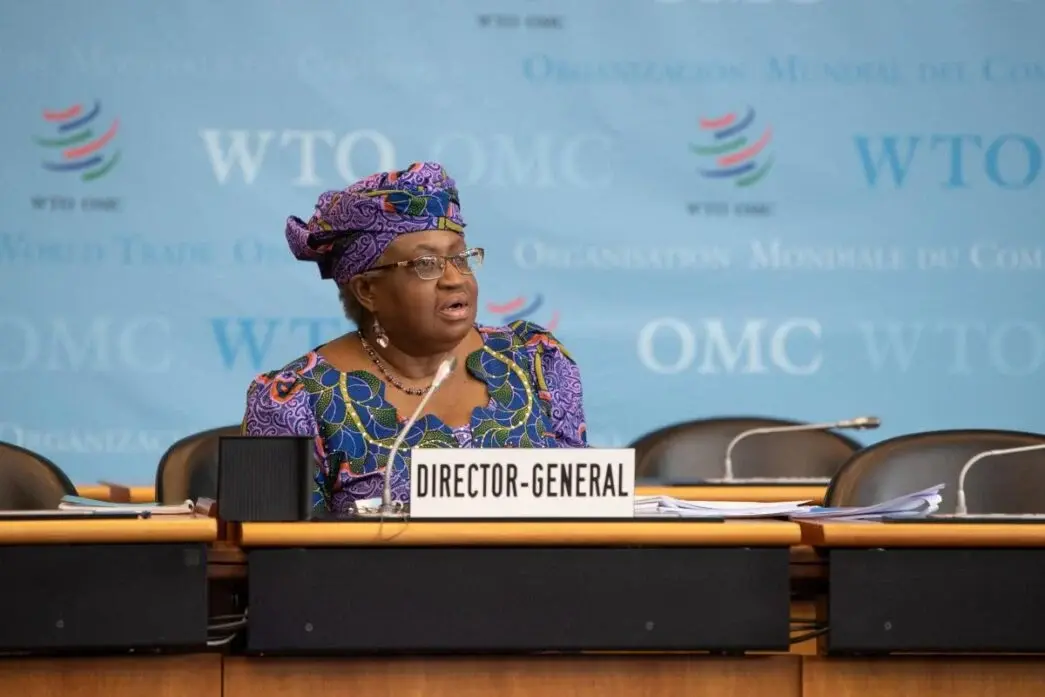The ministry of health has received over 1,000,000 pentavalent meningococcal conjugate vaccine (Men5CV).
A statement on Friday said the vaccines were sent from the Gavi-funded global stockpile to combat the meningitis outbreak in northern Nigeria.
The disease has already claimed over 70 lives, with more than 800 cases across 23 states.
Gavi funds the global stockpiles of vaccines against cholera, ebola, meningitis and yellow fever, which are accessible to all countries in the world.
The organisation also supports the cost of procurement, delivery and outbreak response campaigns in lower-income countries, as well as preventive and routine immunisation activities where needed.
Use of the stockpiles for outbreak response is managed by the international coordinating group (ICG) on vaccine provision, and doses are delivered to countries by UNICEF.
The ICG approved the deployment of over 1.5 million doses of Men5CV in response to Nigeria’s request in March 2025.
The first shipment will enable the launch of an outbreak response campaign targeting individuals aged 1 to 29.
The campaign will initially launch in Kebbi state and Sokoto state, with plans to expand to Yobe state as additional doses arrive in the country.
Ali Pate, coordinating minister of health & social welfare, said the arrival of the Men5CV vaccines is a crucial milestone in Nigeria’s response to the current meningitis outbreak.
He added that it reflects the government’s commitment to protect the health and well-being of all Nigerians.
“Through the Nigeria health sector renewal investment initiative and the sector-wide approach, we have prioritised epidemic preparedness and rapid response as part of our broader health security agenda. We are grateful for the support of Gavi, WHO, and UNICEF in enabling this swift deployment,” he said.
“Together, we are not only containing today’s outbreak but also laying the foundation to eliminate meningitis and strengthen routine immunization for the future.”
On his part, Francisco Luquero, Gavi’s head of high-impact outbreaks, said with the organisation’s support, vaccines successfully eliminated meningitis A from Africa’s “meningitis belt”.
“Continued investment in this work is critical to protect the incredible progress made so far, control future outbreaks, and dramatically reduce the devastating impact that seasonal epidemics of meningitis have on families and communities,” he said.
Cristian Munduate, UNICEF Nigeria country representative, said every child deserves protection from life-threatening diseases like meningitis.
Munduate added that the arrival of the meningitis vaccine marks a critical step in stopping the current outbreak and safeguarding Nigeria’s most vulnerable populations.
“UNICEF is proud to support the government by ensuring rapid vaccine deployment, community engagement, and planning and implementation of the response, while working alongside Gavi the Vaccine Alliance, National Primary Health Care Development Agency and Federal Ministry of Health and social welfare to strengthen immunisation efforts in Nigeria,” Munduate said.










